The City of Literature board has issued this letter in response to Iowa Senate File 496 and its impact on access to books and materials in schools. Other organizations also signed on to the letter, and are listed at the end.
An open letter to Gov. Kim Reynolds and the Iowa Legislature:
Iowa is home to one of the most literary cities on earth. It is here where the Iowa Writers’ Workshop produced some of the greatest voices in American Literature: Flannery O’Connor, Wallace Stegner, Rita Dove, John Irving, Frank Conroy, Jane Smiley, Raymond Carver, Ann Patchett, Ayana Mathis, and so many others. Iowa is also home to contemporary writers producing works of fiction and non-fiction that are both bold in truth-telling and revolutionary in voice.
It’s because of this legacy and the dedication of Iowans to producing great writing, that Iowa City was declared a UNESCO City of Literature in 2008. Often called the “Athens of the Midwest,” Iowa City has a unique set of influential literary institutions, which explore new ways to teach and support writers. At the same time, it has long been, quite simply, a place for writers and for readers: a haven, a destination, a proving ground, and a nursery. Iowa has a history and an identity in which its citizens take enormous pride, prizing a role in celebrating and honoring writers and good writing.
On May 26, Iowa’s governor signed into law legislation that runs counter to that legacy. Senate File 496 prohibits books with written and visual depictions of sex acts from school libraries. The legislation also bans written materials and instruction on “gender identity” and “sexual orientation.” This law was passed under the pretense of protecting children, and yet what this law amounts to is a book ban that limits children’s freedom of expression and access to knowledge about the world around them.
Laws that ban books run contrary to the history and legacy of Iowa as a place of great writing.
Far from corrupting children, books that teach children about identity and sexuality protect them. The World Health Organization notes that proper sex education protects children from abuse and delivers positive health outcomes that equips them to make responsible health choices and respect others. This recommendation is backed up by three decades of extensive research that shows unequivocally that sex education is essential for the health and well-being of children.
Bans such as Iowa’s limit children’s access to quality health information and breed a culture of fear for educators, institutions, and families, and hinders learning for children. Additionally, book bans suppress student’s ability to see themselves in their own life experiences and to build empathy and understanding for others. At a time when 86% of LGBTQ+ students report being harassed or assaulted at school, this need for understanding and empathy is more important than ever.
Because of laws like Senate File 496 and so many others passed in states across the nation, book bans are becoming state-sanctioned forms of silencing. According to the American Library Association, there were “1,269 demands to censor library books and resources in 2022, the highest number of attempted book bans since ALA began compiling data about censorship in libraries more than 20 years ago. The unparalleled number of reported book challenges in 2022 nearly doubles the 729 challenges reported in 2021.”
Part of being a UNESCO City of Literature involves the pursuit of freedom of expression. Were Iowa City to apply for this designation today, the network would have cause to question the commitment to these ideals given the current laws of our state.
It’s ironic that Iowa, the home of “The Field of Dreams,” a book, movie, and place loved and cherished by Iowans, written by W.P. Kinsella while he was at the Iowa Writers’ Workshop, also has a storyline that deals with book bans. In one scene in the movie, Annie Kinsella, the wife of the main character Ray Kinsella, stands up in a school board meeting to talk about how the book being described as “smut” and “pornographic,” a novel by Terence Mann, is actually a book of love and understanding.
Laws like Senate File 496 would ban classic works of literature written in Iowa and are already having negative effect on Iowans. In Vinton, two librarians resigned over book bans. In Logan, a local author’s book about her family was challenged. And across the state, books are being challenged and removed from libraries and classrooms. As the new school year begins, these efforts at banning will only increase. While individuals and parents or caregivers of young children can decide which books they read, it’s tyranny to try to remove those books and narratives from a school or a library and to seek to punish educators and librarians for providing access to books.
Accordingly, the board of the UNESCO City of Literature along with several institutions across the state of Iowa strongly condemn any law that bans books and undermines the very heart of democracy and freedom – the very founding principles of what it means to be an American and an Iowan.
Signed By:
The Iowa City UNESCO City of Literature Board of Directors
Mayor Bruce Teague on behalf of the City of Iowa City
The Iowa City Public Library Trustees
The Iowa City Public Library Friends Foundation
The Coralville Public Library
The North Liberty Library
Think Iowa City
Iowa Small Library Association executive board
Prairie Lights Books
One Iowa
The Tuesday Agency
Iowa City Poetry
Iowa Library Association
Corridor Community Action Network
IowaWTF
DeWitt Community Library Board
If your organization would like to sign onto this letter, please contact our executive director at john-kenyon@iowacityofliterature.org.
